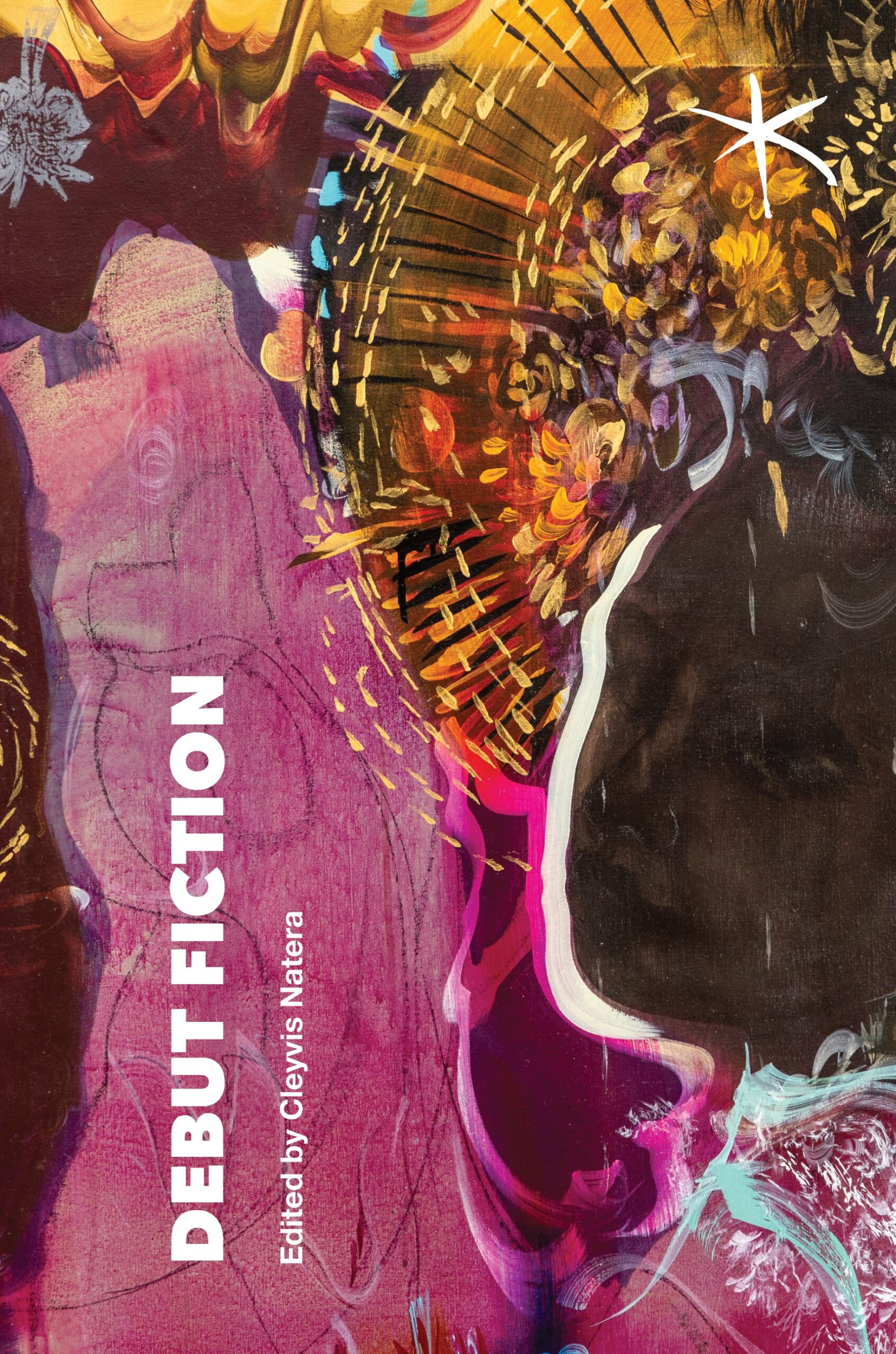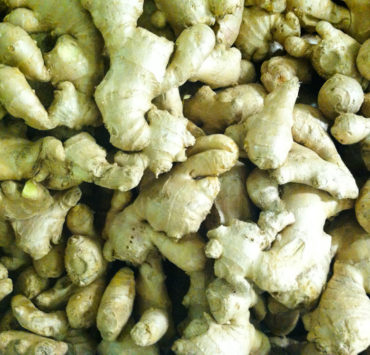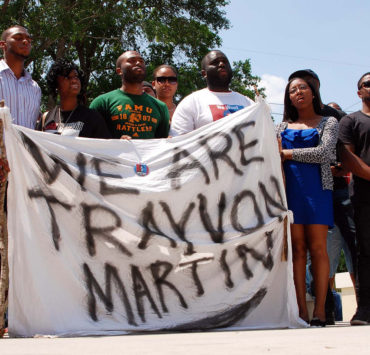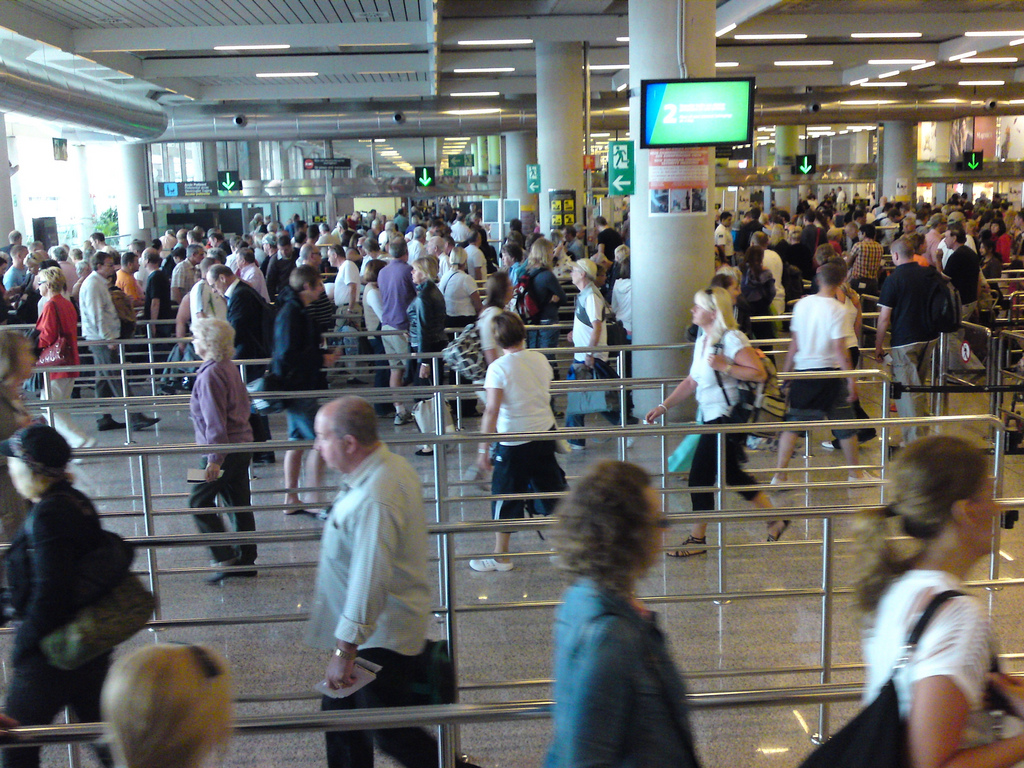
The security personnel of El Al Airlines descended upon me at Newark International Airport like a flock of vultures.There were five of them, in uniform, blockading the check-in counter.They looked old enough to have finished their obligatory service in the Israeli Defense Forces but not old enough to have finished college, which put them beneath me in age. I was prepared for their initial question,“What are you?”, which I’ve been asked my entire life. Really, there is no satisfactory word for what I am.“Mulatto” is now considered taboo since at its root is the four-legged beast that results from the union of a horse and a donkey (though I am told mules are smarter than both of those breeds).“Mixed” is a more proper adjective for a cocktail.“Interracial” is too vague, and “bi-racial” is similarly unspecific.Though it chafed me, I knew the canned answer that would satisfy: “I look the way I do because my mother is white and my father is black.”This time the usual reply wasn’t good enough.This time the interrogation was tribal.
“What do you mean black? Where are you from?”
“New Jersey.”
“Why are you going to Israel?”
“To visit a friend.”
“What is your friend?”
“She’s a Cancer.”
“She has cancer?”
“No, no. I’m kidding. She’s healthy.” “She’s Jewish?”
“Yes.”
“How do you know her?”
“We grew up together.”
“Do you speak Hebrew?”
“Shalom,” I began. “Barukh atah Adonai…” I couldn’t remember the rest, so I finished with a word I remembered for its perfect onomatopoetic rendering of the sound of liquid being poured from the narrow neck of a vessel:“Bakbuk.”
It means bottle. I must have sounded to them like a babbling idiot.
“That’s all I know,” I said. I felt ashamed somehow, but also pissed off at them for making me feel that way. “Where is your father from?”
“Mississippi.”
“No.” By now they were exasperated. “Where are your people from?”
“The United States.”
“Before that. Your ancestors.Where did they come from?”
“Ireland.”
They looked doubtful.
“What kind of name is this? ”They pointed at my opened passport.
“A surname,” I joked.
“How do you say it?”
“Don’t ask me. It’s French.”
“You’re French?”
“No, I told you. I’m American.”
“This!” They stabbed at my middle name, which is Ishem. “What is the meaning of this name?”
“I don’t know,” I answered, honestly. I was named after my father’s great-aunt, Emily Ishem, who died of cancer long before I was born. I have no idea where the name came from. Possibly it’s a slave name.
“It sounds Arabic.”
“Thank you.”
“Do you speak Arabic?”
“I know better than to try.”
“What do you mean?”
“No, I don’t speak Arabic.”
“What are your origins?”
I felt caught in a loop of that Abbot and Costello routine,“Who’s on first?” There was no place for me inside their rhetoric. I didn’t have the right vocabulary. I didn’t have the right pedigree.This is what my mixed race has made me: a perpetual unanswered question.This is what the Atlantic slave trade has made me: a mongrel and a threat.
“Ms. Raboteau. Do you want to get on that plane?” I was beginning to wonder.
“Do you?”
“Yes.”
“Answer the question then! What are your origins?” What else was I supposed to say?
“A sperm and an egg,” I snapped.
That’s when they grabbed my luggage, whisked me to the basement, stripped off my clothes and probed every orifice of my body for explosives. When they didn’t find any, they focused on my tattoo, a Japanese character which means different, precious, unique. I was completely naked, and the room was cold. My nipples were hard. I tried to cover myself with my hands. I remember feeling incredibly thirsty. One of them flicked my left shoulder with a latex glove.
“What does it mean?” he asked.
This was the first time I’d ever been racially profiled, not that the experience would have been any less humiliating had it been my five hundredth.
‘It means Fuck you,’ I wanted to say, not because they’d stripped me of my dignity but because they’d shoved my face into my own rootlessness. I have never felt more black in my life than I did when I was mistaken for an Arab.
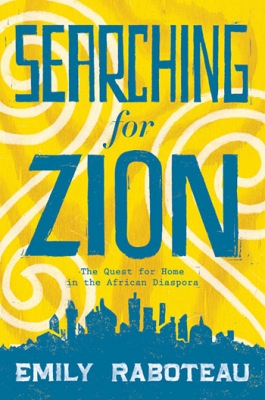 Check out the book: Searching for Zion (Grove/Atlantic)
Check out the book: Searching for Zion (Grove/Atlantic)
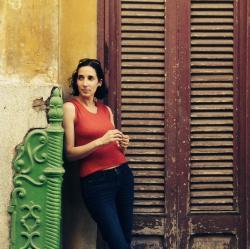
Emily Raboteau is the author of The Professor's Daughter and Searching for Zion, winner of a 2014 American Book Award and a finalist for the Hurston Wright Award. She is currently Distinguished Faculty in the CUNY Graduate Center's Advanced Research Collaborative, where she's completing her third book.


